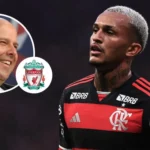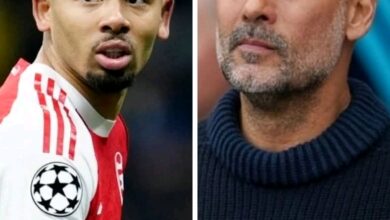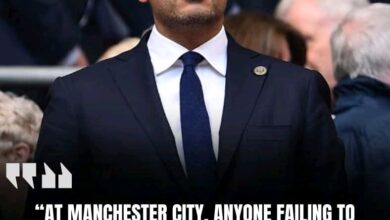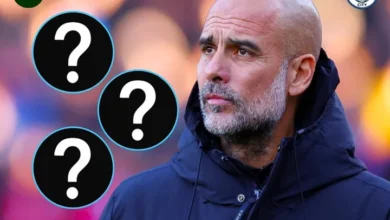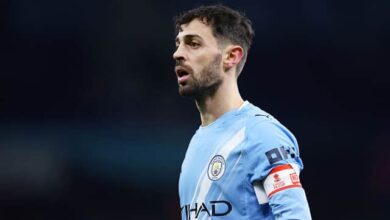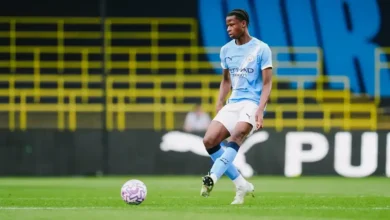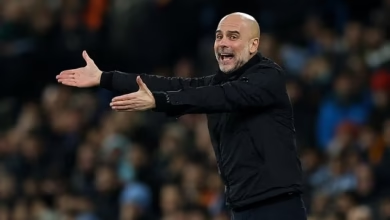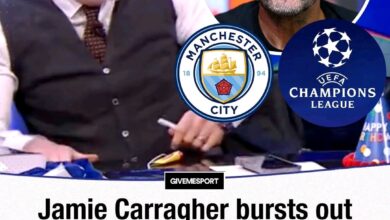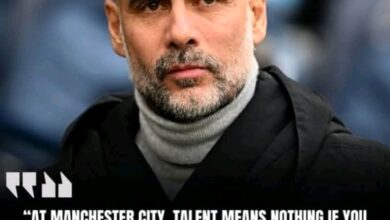£10m striker says he really regrets not signing for Liverpool
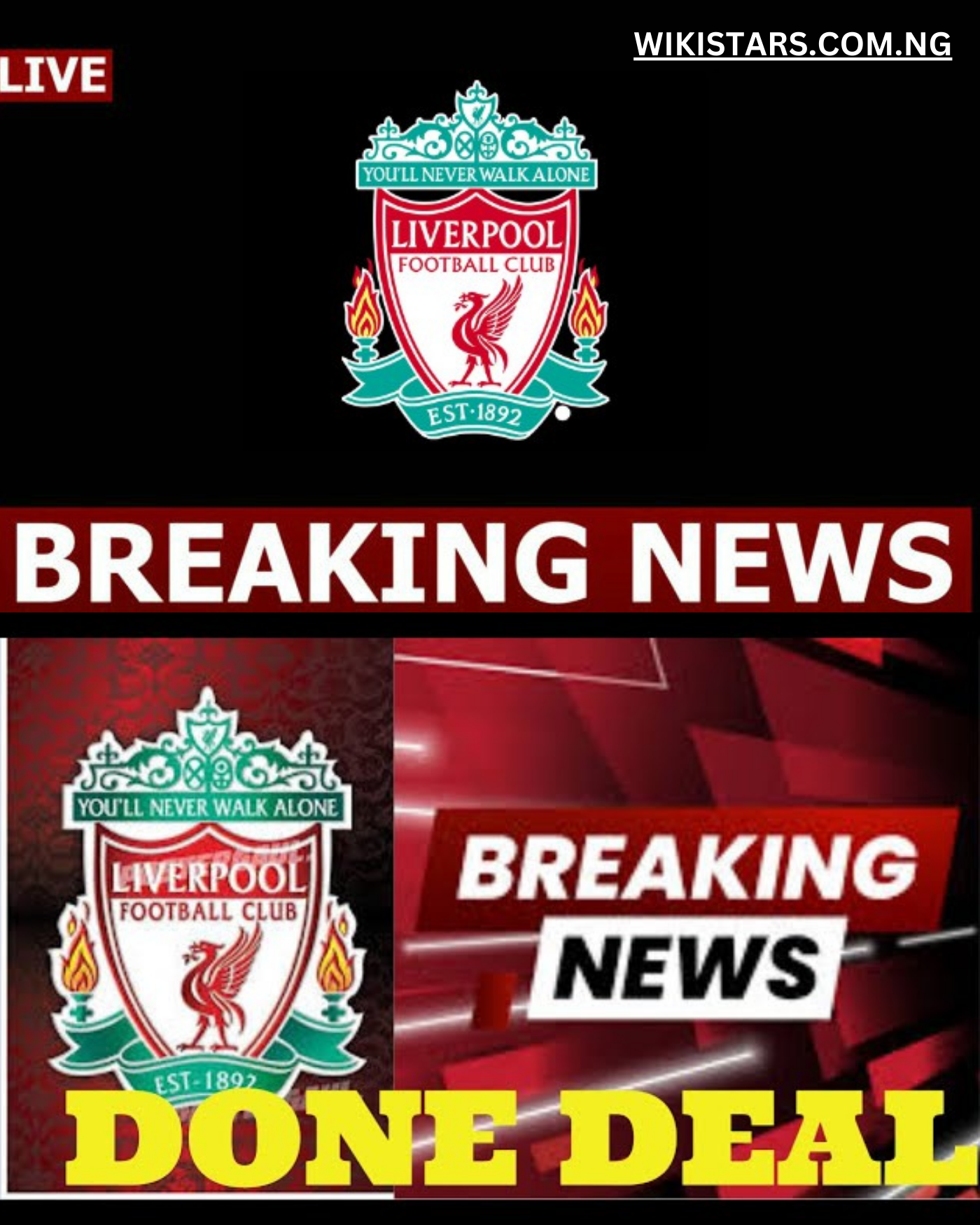
Football is full of stories about what could have been, those moments in time where one decision, one phone call, one signature on a piece of paper could have changed history forever. For Liverpool Football Club, a team built on history and romance, those near misses are everywhere. They almost signed Jan Oblak before settling on Alisson Becker. They came close to bringing Sami Khedira to Anfield. They have been linked with great players and almost players, some who went on to be world stars, some who stayed ordinary but could have been remembered differently had they worn the famous red shirt. And now, another story has been added to that list, one that came from the mouth of a striker who admits that his decision still haunts him to this day. Bobby Zamora, the former West Ham and Fulham striker, revealed that in 2010 he had the chance to join Liverpool for £10 million, but he turned it down. Now, 15 years later, he calls it one of his biggest regrets in footballl
To understand the weight of this revelation, you need to go back to the summer of 2010. Liverpool were in a strange place. Rafa Benitez had left after years of highs and lows, including a Champions League triumph and two finals, but also frustrations in the league. Roy Hodgson had just been appointed manager after guiding Fulham to the Europa League final, a run that captured the imagination of many neutrals. Hodgson wanted to bring with him some of the players he trusted, men who had worked under his system, men who knew his way of playing. At the top of that list was Bobby Zamora. The striker had been central to Fulham’s remarkable journey to the Europa League final, scoring vital goals against Juventus, Wolfsburg and Hamburg. His hold-up play, his physicality, and his work rate made him the perfect Hodgson forward. Liverpool came calling with a £10m bid, Spurs did the same, and suddenly Zamora had a choice that could have defined his career.
On paper, it looked simple. Liverpool, even in transition, were still one of the biggest clubs in the world. They had history, they had a fanbase like no other, and they had the financial muscle to offer him a long-term contract. Zamora himself admits that they wanted to give him a five-year deal, the kind of security strikers in their prime dream of. Tottenham, too, were an attractive option under Harry Redknapp, who had been building a competitive team. But Zamora had just welcomed twin daughters into the world. His family was settled in London, his life was rooted in the south, and the thought of uprooting his family to move to Liverpool, where he had no close ties, felt like too much at the time. So he stayed at Fulham. Looking back now, he calls it “stupid.”
On the Beast Mode On Podcast, Zamora spoke with rare honesty about that decision. “They bid for me, £10m, the same as Spurs as well, Harry Redknapp was there at Spurs and they both bid £10m for me,” he said. “I had my daughters, two weeks later the bids came in. It was a really good squad, Europa League final, everyone is happy where I was and I’d just had my twins, I had nobody up north in Liverpool. That is my genuine regret in football, I have two, but that is one, that I didn’t just go to Liverpool and sign for five years there, stupid.” Those words sting with regret. For a man who played at Wembley, who scored goals in the Premier League, who represented England, to still feel the weight of that decision tells you how much Liverpool means in the football world.
If Zamora had joined Liverpool, what would have happened? That is the question supporters and historians now debate. Would he have saved Roy Hodgson’s short-lived reign? Hodgson’s time at Anfield was marked by difficulty. The squad was fractured, results were poor, and fans never truly warmed to him. They wanted attacking football, they wanted players who could rise to the occasion, and Hodgson’s conservative approach clashed with the culture of Anfield. Zamora, though not a superstar, might have made things easier. His partnership with Hodgson had worked wonders at Fulham. He understood the pressing, the positioning, the defensive work Hodgson demanded from a forward. Maybe he could have helped the squad settle into Hodgson’s system. Maybe he could have scored the goals Fernando Torres wasn’t scoring as consistently anymore. Maybe he could have been the glue that held things together until better times came. Or maybe he would have been swept away by the chaos of that era, another name lost in the storm of a Liverpool side in transition.
His record under Hodgson at Fulham proves why Roy trusted him. In 89 games, Zamora scored 23 goals and provided 15 assists. More than the numbers, he was a focal point, a man teammates could play off, a striker who bullied defenders and gave space to creative players. That Fulham side was not packed with world-class stars, yet they reached a European final because of their organisation, spirit, and Zamora’s contributions. At Liverpool, in 2010, with Steven Gerrard still pulling the strings, Torres still capable of brilliance, and a fanbase desperate for stability, Zamora might have been exactly the kind of soldier Hodgson needed.
And yet, fate chose differently. Hodgson struggled at Liverpool, his reign ending in disappointment. Zamora stayed at Fulham, where he continued to play well but never reached the heights he might have on a bigger stage. In football, timing is everything, and his timing was cruel. Within a year, Kenny Dalglish had returned to Liverpool as caretaker, and soon after, the club entered a new era under FSG ownership. Strikers came and went, from Andy Carroll to Luis Suarez to Daniel Sturridge. Zamora was never part of that story. Instead, he became part of the “what if” chapter, the story of a £10m deal that never happened.
It is easy to dismiss Zamora as a player who wouldn’t have changed much, but football is not always about stars. Sometimes, one player with the right mentality can change the feeling of a team. Hodgson himself has since been praised by players like Wayne Rooney, who said just this week that Roy was not a bad manager at all, just unlucky in certain jobs. With Zamora by his side, maybe Hodgson could have survived longer at Liverpool. Maybe the Reds wouldn’t have collapsed the way they did in those months. Maybe fans would have had a little more patience. Or maybe it all would have ended the same way, with Zamora forgotten, a striker who never quite fit in. That is the beauty and the pain of football’s “what if” stories: you never know the truth.
For Zamora personally, the regret is sharper because he knows what Liverpool could have done for his career. Wearing that shirt, playing in front of the Kop, competing in Europe every season, would have given him memories to last a lifetime. He had England caps, but Liverpool would have given him a platform on another level. Imagine the songs, the banners, the Champions League nights. Even if he wasn’t a legend, he would have been part of something bigger. That is why he calls it stupid now, because in football, chances like that do not come often, and when they do, you must take them.
Liverpool fans today can look back with mixed feelings. Some will say they are glad Zamora never came, because in the end it cleared the path for Suarez, Sturridge, and eventually the Klopp era with Salah, Mane, and Firmino. Others will say he could have been a useful player in a difficult time, someone who gave his all even if he wasn’t glamorous. Either way, his confession adds another twist to Liverpool’s long list of transfer near misses, the kind that make football endlessly fascinating.
What is undeniable is that the lure of Liverpool is so strong that players who never wore the shirt still dream about it, still regret not taking the chance. Bobby Zamora is one of them. A striker who turned down the Reds because of family, because of timing, because of life outside football. A striker who now looks back and wonders how different things might have been. For him, the £10m deal he rejected in 2010 will forever be the road not taken. And for Liverpool, it is another reminder that history is not just built on the players who come, but also on the players who never arrive.





